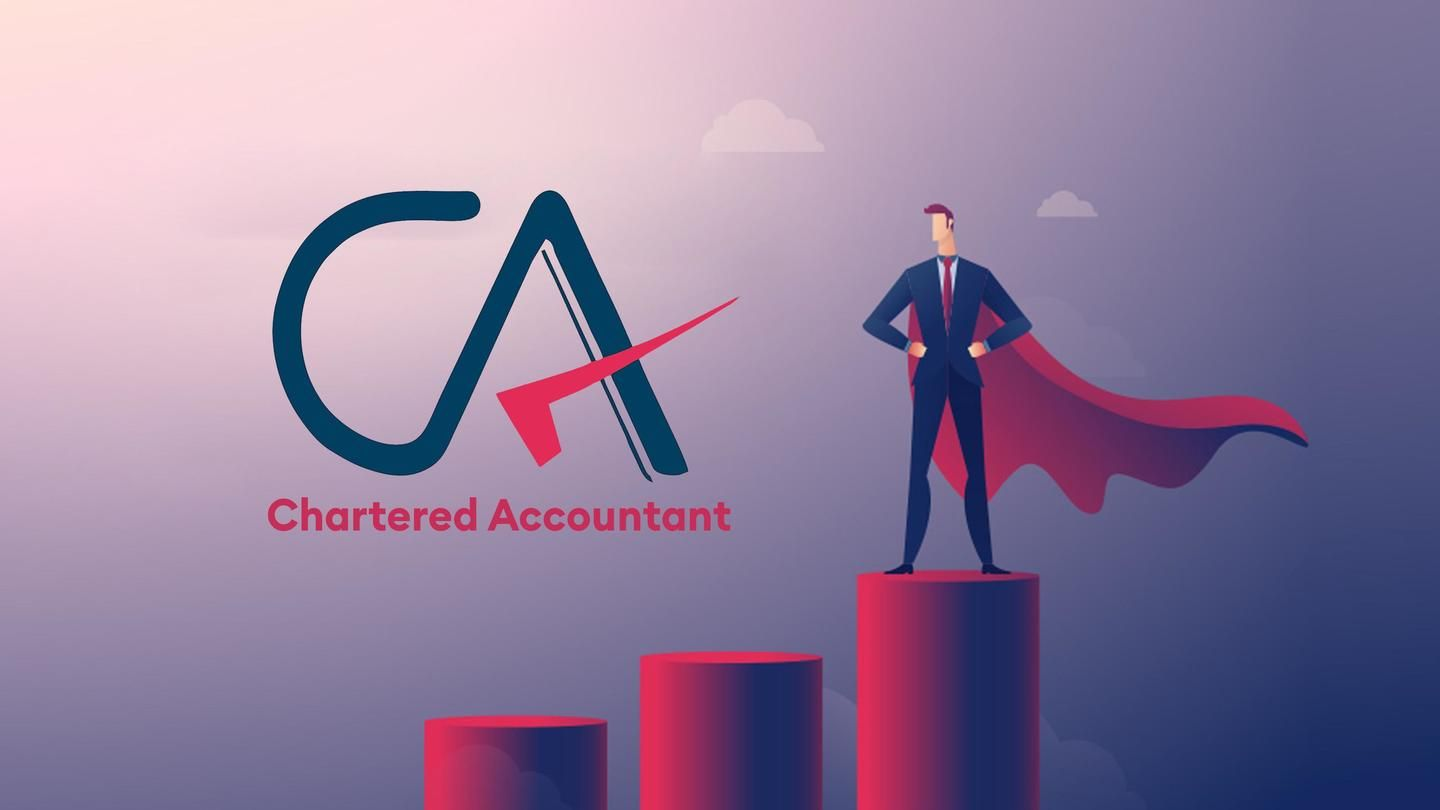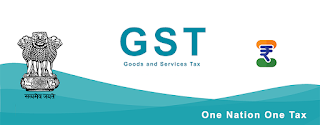How Chartered Accountants Can Make a Difference in their Communities: Inspiring Stories and Case Studies

In India, chartered accountants have a critical role to play in society, given the country's complex financial landscape. Here are some additional ways in which Indian chartered accountants can make a difference in their communities: Providing Financial Education to Rural Communities In India, many rural communities lack access to financial services and education. Chartered accountants can play a vital role in bridging this gap by providing financial education to these communities. By teaching individuals about savings, investments, and budgeting, chartered accountants can empower them to make better financial decisions and improve their standard of living. Helping Small and Medium Enterprises (SMEs) Small and medium-sized enterprises (SMEs) are the backbone of the Indian economy, but they often face financial challenges that can hinder their growth. Chartered accountants can help SMEs overcome these challenges by providing financial and accounting advice, including tax planning an



